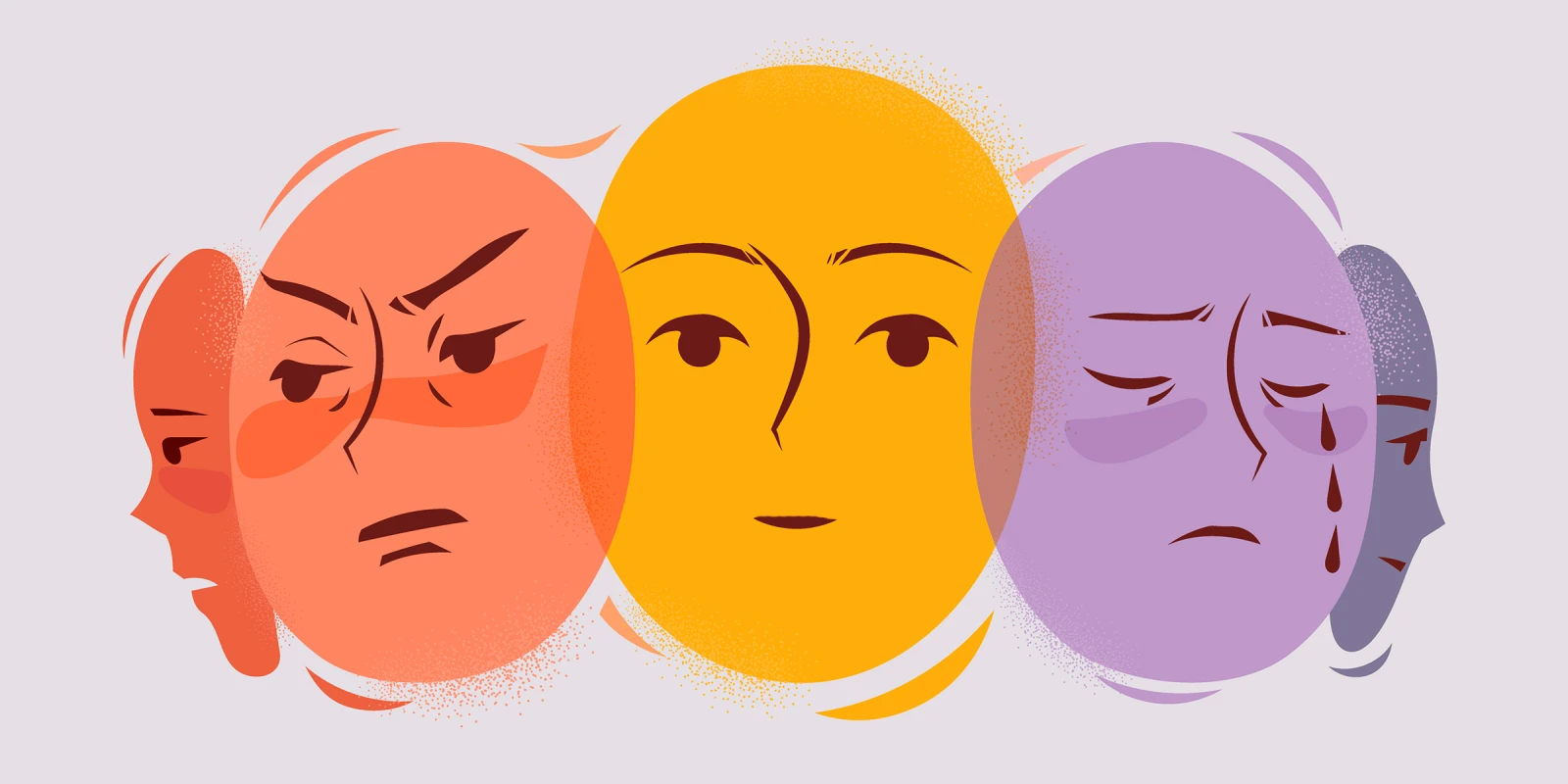Take a moment to reflect on your journey to becoming a physician. It was a grueling endeavor during which you spent countless hours learning the inner workings of the human body and ways to alleviate suffering.
While you were intensely focused on gaining the necessary knowledge and skills to practice clinical medicine, another simultaneous process transpired. It was subtle and hidden from plain sight. Yet, it had a profound impact on you. You unknowingly underwent a radical transformation to fit the mold of a physician.
Medicine selects for and reinforces different traits, such as stoicism. To some degree, this is understandable. Daily, we make high-stakes decisions that impact the lives of our patients. These decisions can be quite stressful. The last thing you want is for your emotions to cloud your clinical judgment and harm a patient.
What is Stoicism?
Stoicism is a school of thought rooted in ancient Greece. Its name is derived from the Greek word "stoa," which refers to an outdoor covered walkway supported by a row of columns that served as a gathering place for public activity.
Despite its ancient roots, Stoicism remains firmly entrenched in the culture of medicine. At its core, Stoicism is a proponent of taking a rational approach to life’s challenges by focusing on your sphere of control and letting go of everything else. It prioritizes reason over emotions. According to the early Stoics, the ideal agent has no emotions because they were viewed as barriers to reason.
What Stoicism Gets Right
It should not be surprising that Stoicism is embedded in the culture of medicine when you consider its connotations. This trait is synonymous with being rational, disciplined, and wise. Stoics are viewed as resilient individuals who handle pressure well. Who does not want their physician to be cool, calm, and collected in the face of adversity, such as a clinical emergency?
One of the cardinal teachings of Stoicism is to focus on your sphere of control when facing a problem. It emphasizes the importance of using reason and taking action to overcome a stressor. Such a rational approach minimizes the impact that intense emotions can have on you. Relinquishing your sphere of control due to feeling overwhelmed only maximizes the negative impact that a stressor can have on you.
What Stoicism Gets Wrong
Despite its benefits, Stoicism comes with potential drawbacks. It downplays the vital role emotions play in decision-making. Your feelings are valuable sources of information, and ignoring them puts you at a disadvantage. Anger, for example, is an appropriate emotional response to injustice and an indication to advocate for yourself. Likewise, anxiety can be a signal to take action as a deadline approaches. Think about clinical cases in which you listened to your gut feeling about how to help a patient. Your emotions are a crucial component of your clinical decision-making.
Stoicism does not foster human connection on a deep emotional level. Everyone needs to feel seen and understood. Empathy is associated with improved clinical outcomes and patient satisfaction. Being in tune with your emotions to better understand what your patients go through emotionally is essential for creating authentic connections in which they feel seen, heard, and understood. Dismissing your emotional reality for the sake of being rational is a barrier to the cultivation of empathy.
Finally, Stoicism overemphasizes how much control you have over your emotions. There are certainly steps you can take to regulate your emotions, and it is important to pay attention to your thought patterns because they can impact how you feel. However, your emotions are also impacted by factors beyond your control, such as exposure to adverse childhood events, reminders of difficult past life experiences, or genetic predispositions.
A Healthier Alternative
Pointing out potential shortcomings of Stoicism is not intended to make the case that this school of thought has no place in medicine. Rather, the intention is to push back against the reductionist approach of putting reason on a pedestal and minimizing the important role that emotions play in overcoming the daily challenges you encounter in medicine and life.
A healthier and more useful approach is to integrate Stoic principles as you embark on a path of emotional awareness and mastery. Take a moment to observe your feelings, because they are sources of valuable information. Learn how to process your feelings so you don’t become a prisoner to them. Master the ability to advocate for yourself by expressing how you feel about a situation in a healthy manner.
From a systemic perspective, we need to promote a culture of psychological safety in which physicians can express their feelings without fear of retribution or being viewed as less competent for having them. Stoicism is often a manifestation of emotional suppression, which is associated with adverse mental health effects. As physicians, we need the time and space to process difficult feelings that may arise from challenging clinical cases or exposure to traumatic events. Psychological safety enhances help-seeking behavior and is a powerful antidote to burnout.
As you seek the balance between reason and emotions, I will leave you with a quote from Dr. William Osler. In his essay titled Aequanimitas, he emphasizes the importance of practicing empathy while navigating the rigors of medicine by saying:
“To meet the exigencies of practice with firmness and courage, without, at the same time, hardening the human heart by which we live.”
Written in 1889, this quote is more relevant now than ever.
How has stoicism helped or hurt your practice of medicine? Share in the comments!
Dimitrios Tsatiris, MD, is a practicing board-certified psychiatrist, book author, and TEDx speaker who specializes in the interface of mental health and achievement. You can follow him @drdimitrios on X and Instagram. For more information, check out his website dimitriostsatiris.com.
Image by woocat / Getty







